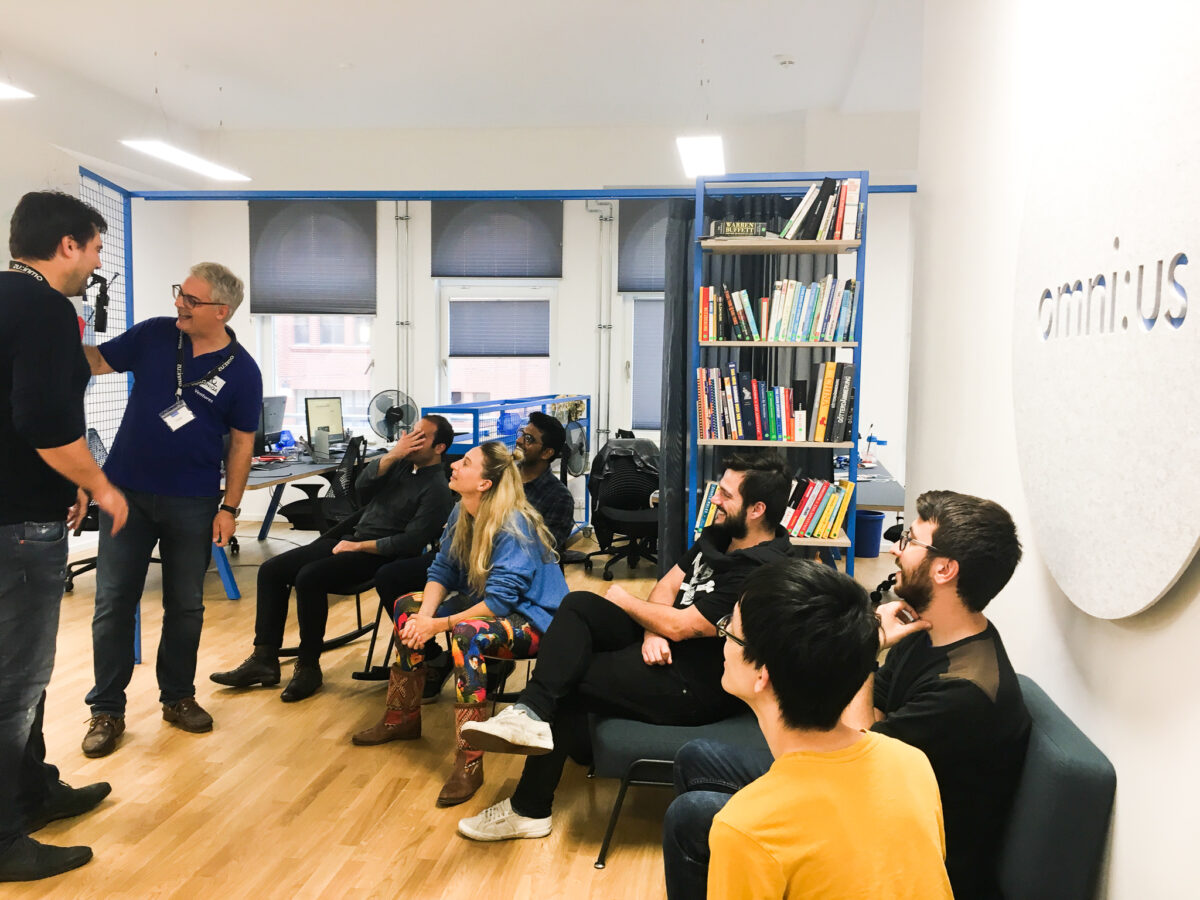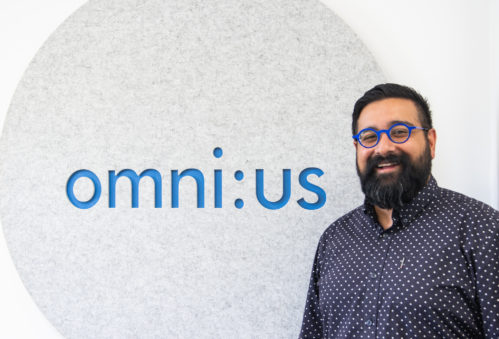I’ve given quite a few interviews lately – time to turn the tables! I spoke to investor and colleague Dr. Andreas Nemeth, CEO of UNIQA Ventures last week, and picked his brain on some of the big questions out there on insurer-insurtech relationships and the pandemic raging about the world at the moment.

How can insurers leverage, and what they can adopt, from the agile nature of startups?
I think what insurers most envy startups for is that they are allowed to experiment. Have you ever heard of an insurance carrier that did test hypothesis in a trial and error mode? The startup method tells you to talk to your target customers first before you build anything. To understand your customer’s problem and to come up with simple solutions. Once you have an idea how you could fix your customer’s problem, run experiments and find out if he likes your solution. Then either adapt or start over again till you fix his problem. It’s one of the most efficient methods to keep in touch with increasingly complex markets – co-creating with customers. Put yourself into your customer’s shoes. Changing your own point of view is an extremely powerful tool often used by startups to come up with better solutions for clients. It is a great way of looking ahead at a company’s “day after tomorrow” through the lens of their customers instead of their own.
What are some tips and tricks for a successful collaborations with startups?
Start with small projects that can be executed within weeks not months. Set realistic expectations and clear deliverables for both partners and agree what the Startup and the Corporate have to contribute. Accept culture differences. Corporates and Startups are two different animals and with good reason. Collaboration sometimes causes conflict, and sometimes it’s easy, but the bringing together of great minds from Corporates and Startups only adds to it. And don’t forget to celebrate success together as well as spreading the word of what worked well and what needs to be improved. Collaboration is so important and to me it’s the best way to learn.
There are suggestions that apart from the life insurance market, COVID-19 will also have a huge impact on other segments such as travel insurance for example. In your opinion how will the other Lines of Business be affected? How can insurtechs contribute to this phenomenon?
Yes, as far as new business is concerned I expect a standstill in all major lines of business. Travel insurance was immediately hit but we also see steep declines in new business volumes in motor, property and SME too, which is no surprise amid stalling car and property sales. In terms of claim trends, travel insurance and business interruption insurance as the clear loss leaders whereas motor insurance claims frequencies and loss trends are improved even as people drive less in times of stay-at-home orders. Health insurance seems less affected for now but I anticipate second-order effects resulting from an economic crises with higher unemployment rates.
Overall, while negatively affected by volatile capital markets and looming recession fears, insurance carriers will prepare for a decline in top line and adjust their cost base accordingly. Insurtechs that can help carriers gain efficiency along the entire insurance value chain can benefit although tight cost management will only allow for projects that can deliver short term impact and viable business cases.
What could be the benefits of digital channels for the insurance market in a time of quarantine? How can insurers become flexible to the changing environment through adapting to digital processes that will reduce the backlog?
The crisis relentlessly reveals insurers that need to catch up with digitization. The insurance industry is still lagging behind in terms of digital readiness and cost efficiency. Digitization of core insurance process has been and will increasingly become an imperative. I firmly believe that the COVID-19 crisis will have a lasting effect on the whole insurance industry as tele-sales, online sales, video conferencing and home office will have become the new normal in a post-crisis business environment.
Who would have thought that you could move an insurance carrier with ten thousand employees to remote work within merely five business days? Who would have thought that new services like remote claims adjustment calls or telemedicine to avoid visits to your doctor’s office will be launched and adopted by thousand of clients within days? Every crisis is said to have an opportunity – and this time, it clearly is a digital one.
Uniqa
